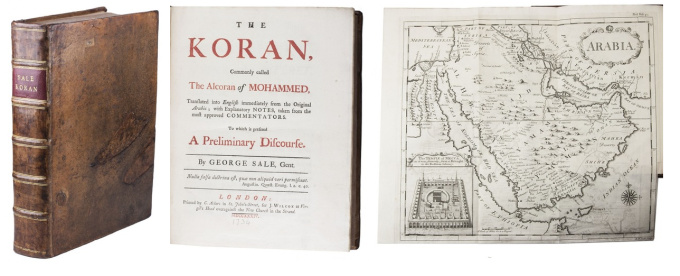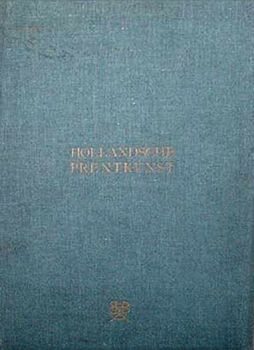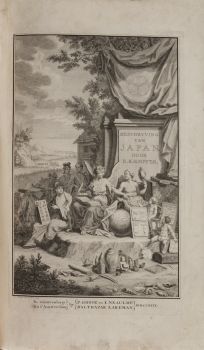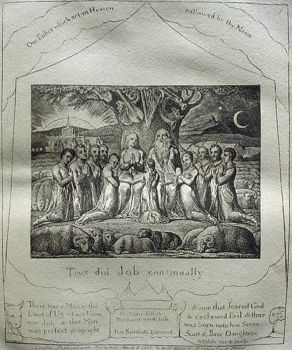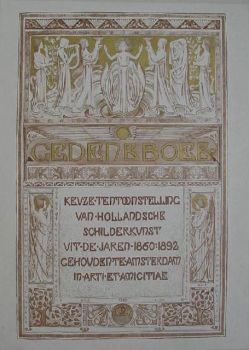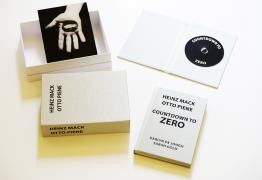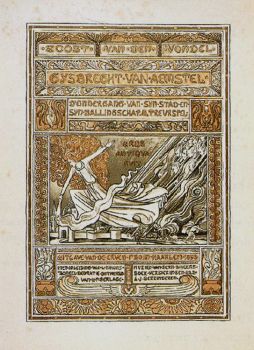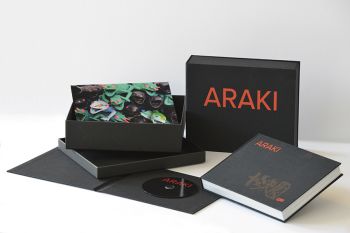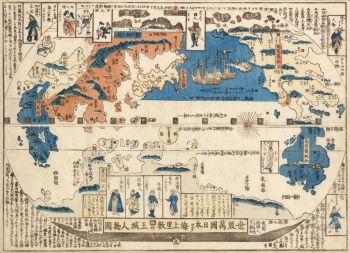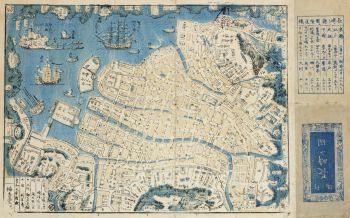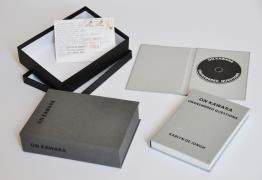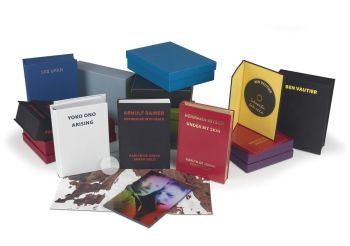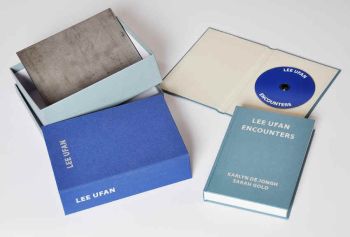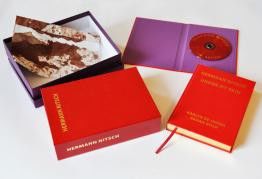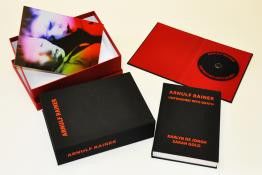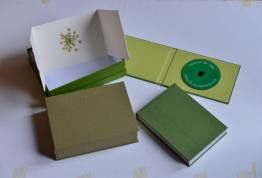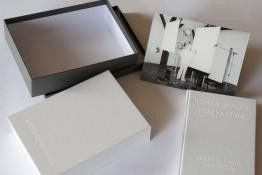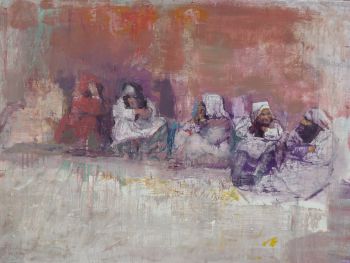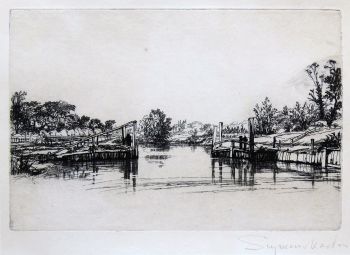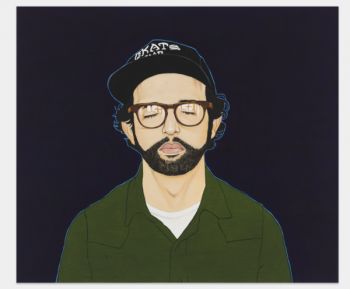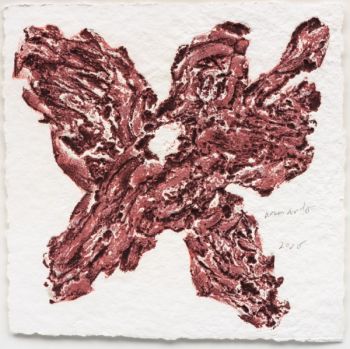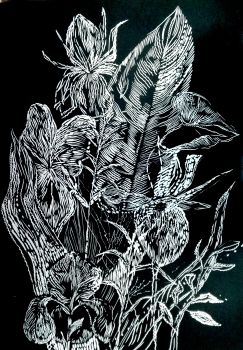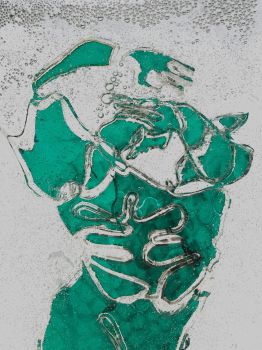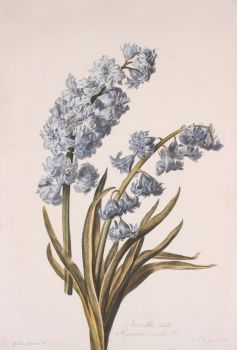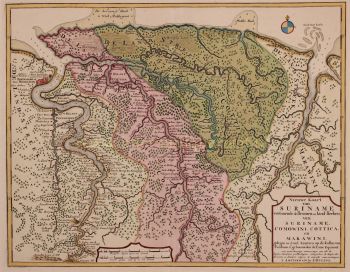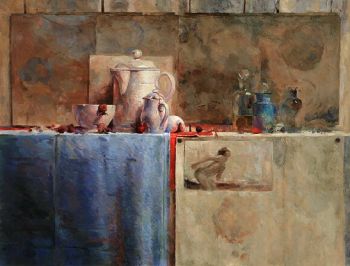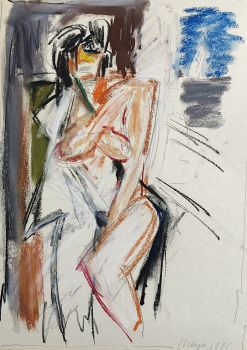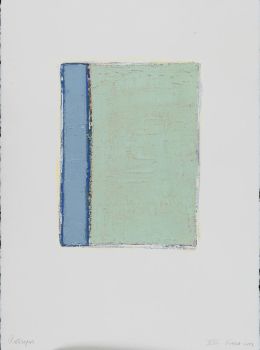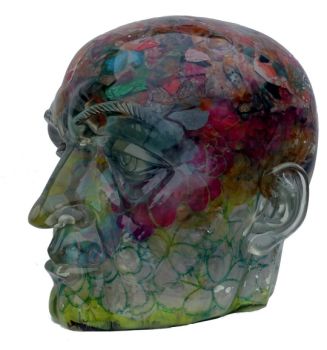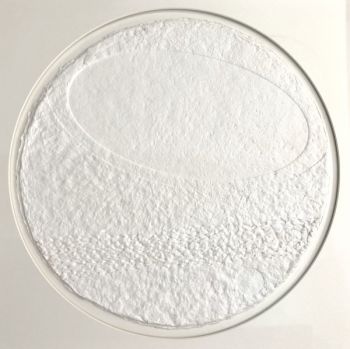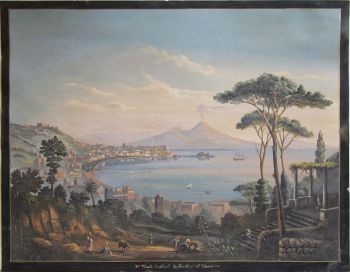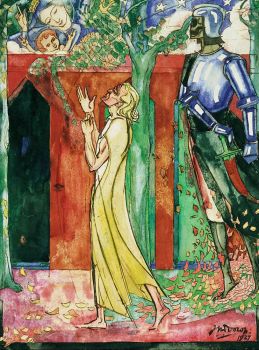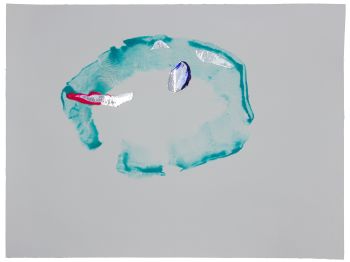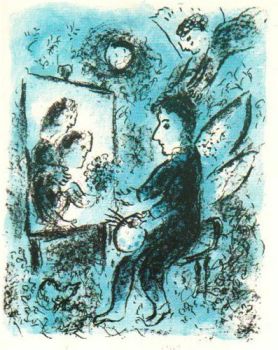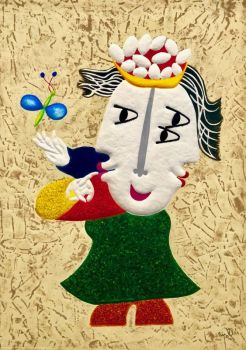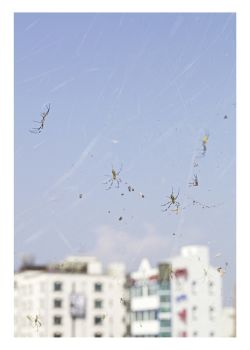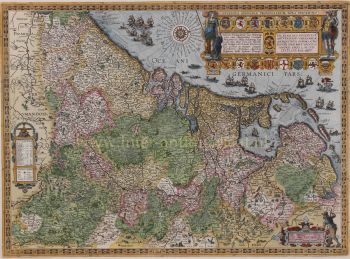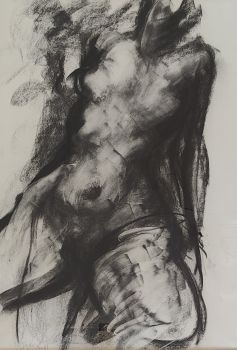The first English Quran to be translated directly from the Arabic, still highly regarded 1734
George Sale
EncrerPapierCuir
ConditionExcellent
Actuellement indisponible via Gallerease
- Sur l'oeuvre d'artThe Koran, commonly called the Alcoran of Mohammed, ...
London, Charles Ackers for John Wilcox, 1734. Large 4to (25.5 x 20.5 cm). With 5 engraved plates: a large folding map of the Arabian peninsula (with an inset view of the "Temple at Mecca"), a folding plan and view of the "Temple at Mecca", and 3 family trees (2 folding). Contemporary calf, gold-tooled board edges. Rebacked.
First edition of the first English Quran to be translated directly from the Arabic: a landmark not only in efforts to bring an accurate version of the Quran to the English-speaking world, but also in Western Quranic studies in general. It also includes Sale's 7-page note to the reader, with criticisms of earlier translations into English and other languages, his 187-page preliminary discourse bringing together a wealth of information about Islamic culture, and valuable scholarly footnotes, including material from the Islamic commentaries of al-Baydawi and al-Suyuti. Holt notes his "enlightened and objective attitude" in sharp contrast with most Western Arabists of his day or earlier: "His freedom from religious prejudice …, his obvious conviction that Arabic writers were the best source of Arab history, and Muslim commentators the fittest to expound the Quran, marks an enormous advance …". Sale's English translation remains highly regarded today.
In fine condition and only slightly trimmed. The binding is rebacked and has several restorations, but is otherwise good and remains structurally sound. A landmark edition of the Qur'an and the first good English translation.
Fück, Die Arabischen studien, p. 104; P.M. Holt, Studies in the history of the Near East (1973), pp. 57-60; Schnurrer, p. 429. - Sur l'artisteGeorge Sale est né à Canterbury en 1697 et est mort dans la ville de Westminster en 1736. Il a étudié à la King's School de Canterbury et en 1720, il est devenu un étudiant de l'Inner Temple. On sait qu'il a suivi une formation d'avocat dans ses premières années, mais qu'il a pris le temps d'étudier les langues orientales et autres, anciennes et modernes. En 1734, Sale a publié la traduction du Coran, fournissant de nombreuses notes et une connaissance approfondie des habitudes, des mœurs, des traditions et des lois orientales. La traduction du Coran par Sale a été réimprimée dans les temps modernes. Sale était également un correcteur du Nouveau Testament arabe (1726) publié par la Société pour la promotion du savoir chrétien. Il a acquis une bibliothèque avec de précieux manuscrits rares d'origine persane, turque et arabe (qui est maintenant conservée à la Bodleian Library, Oxford). Sale était l'un des premiers membres de la Society for Promoting Christian Knowledge. Il mourut à Surrey Street, The Strand, le 13 novembre 1736. Sale fut inhumé à St. Clement Danes.
Artwork details
Catégorie
Sujet
Matériel & technique
Related artworks
Engelbert Kaempfer
LIVRE ENGELBERT KAEMPFER1651 - 1716
Prix sur demandeZebregs & Röell - Fine Art - Antiques
Antonie Derkinderen
Memory book Exhibition of Dutch Painting1892
Prix sur demandeKunsthandel Pygmalion
Antonie Derkinderen
Memory book Exhibition of Dutch Painting1892
Prix sur demandeKunsthandel Pygmalion
Engelbert Kaempfer
LIVRE ENGELBERT KAEMPFER1651 - 1716
Prix sur demandeZebregs & Röell - Fine Art - Antiques
Hermann Nitsch
"UNDER MY SKIN" Signed book incl. small artwork and DVD in a matching box2010 - 2014
Prix sur demandeGallerease Selected
1 - 4 / 20- 1 - 3 / 3
Cornelis Anthonisz Theunissen
TRÈS RARE PREMIÈRE CARTE IMPRIMÉE D'AMSTERDAM, VILLE EN ASCENSION1544
€ 175.000Inter-Antiquariaat Mefferdt & De Jonge
 Sélectionné par
Sélectionné parDanny Bree
1 - 4 / 24

